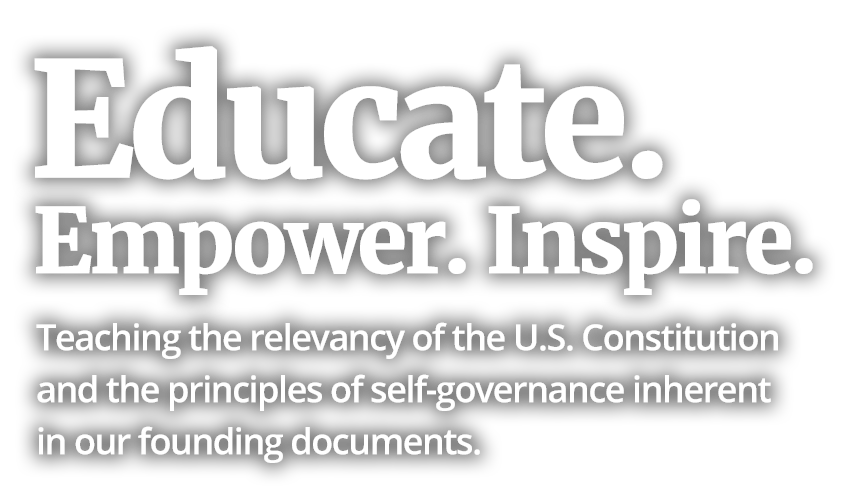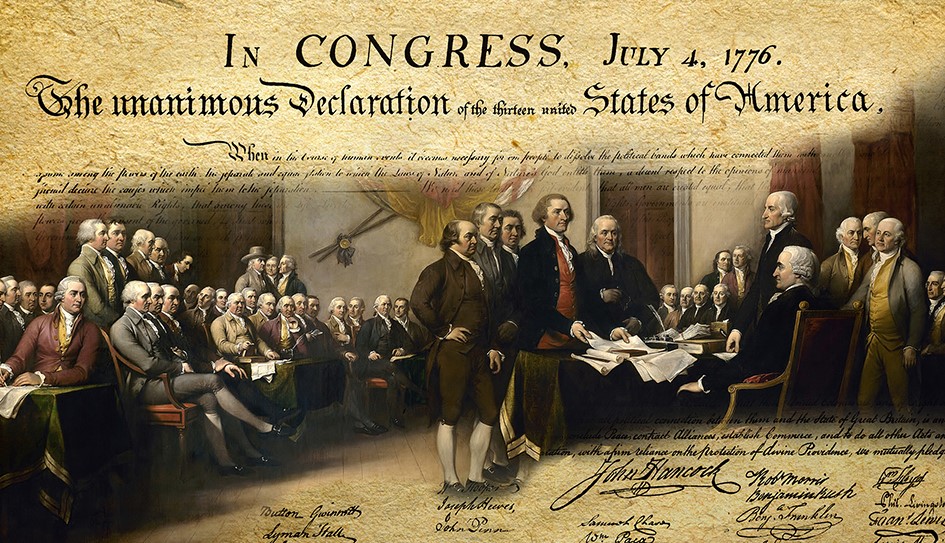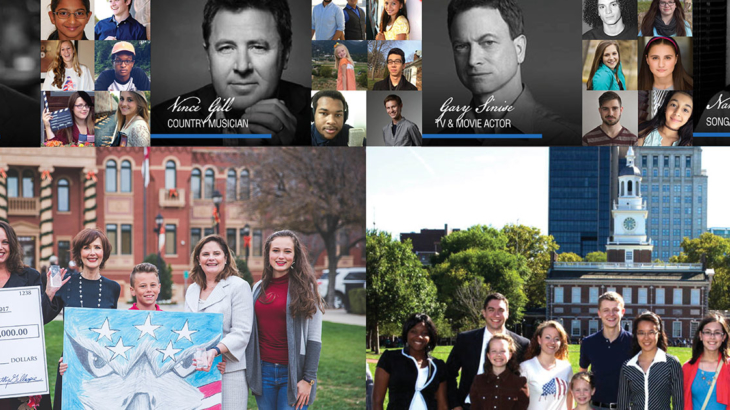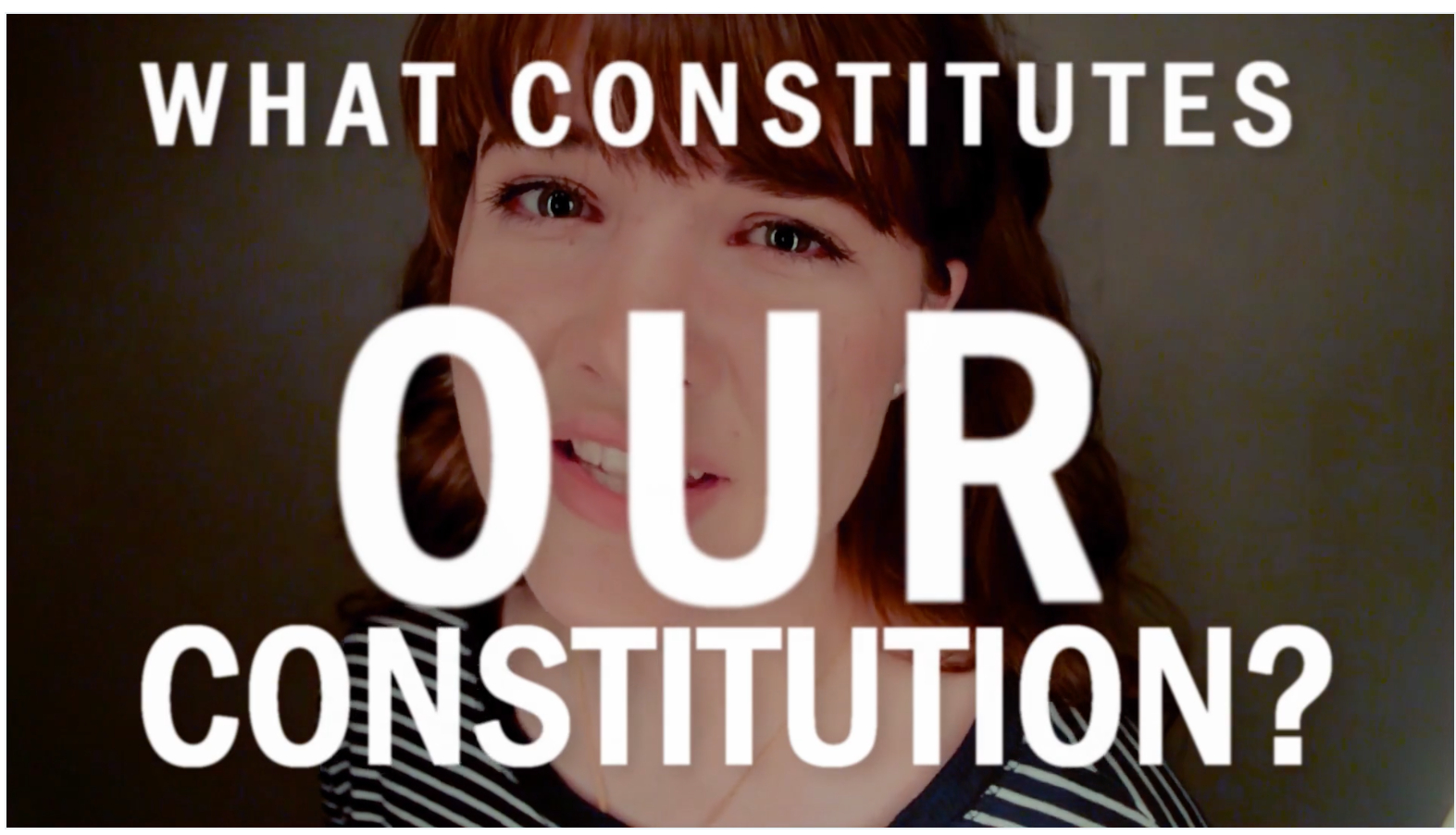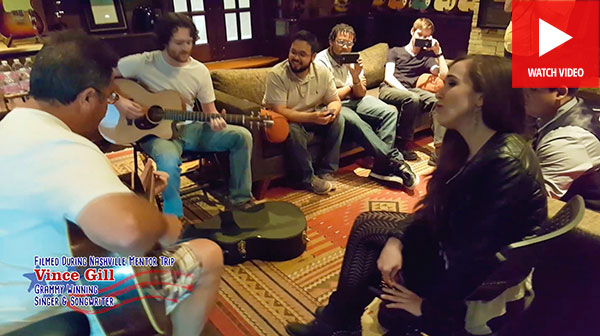Essay 68: Connection Between Associations And Newspapers (Vol. 2 Pt. 2 Ch. 6)
Modern readers who turn to any number of media options other than newspapers might find De Tocqueville’s focus on print to be archaic. But his thesis remains valid today when applied to those alternative forms of news and information gathering.
“Only a newspaper can come to deposit the same thought in a thousand minds at the same moment,” he wrote in the 1830s.
He wrote at the very moment when newspapers were beginning to boom, and just before the revolution in communication and transportation that accompanied the invention of the telegraph and the spread of railroads.
De Tocqueville tied the importance of newspapers in developing and fostering associations to his work’s main focus, the centrality of civil society to American culture.
Where groups of ordinary but active citizens matter more than elites, their ability to communicate with each other – in dependable forums with regular publication and an agreed upon idiom – was essential.
For him, this was not simply a matter of politics – of being a critical voice in defending the freedoms guaranteed by the Constitution. Newspapers, De Tocqueville asserted, “maintain civilization.”
In the classic construction, newspapers have never been very good at telling people what to think, but have been quite successful in telling people what to think about. “If there were no newspapers,” he wrote, “there would almost never be common action.”

